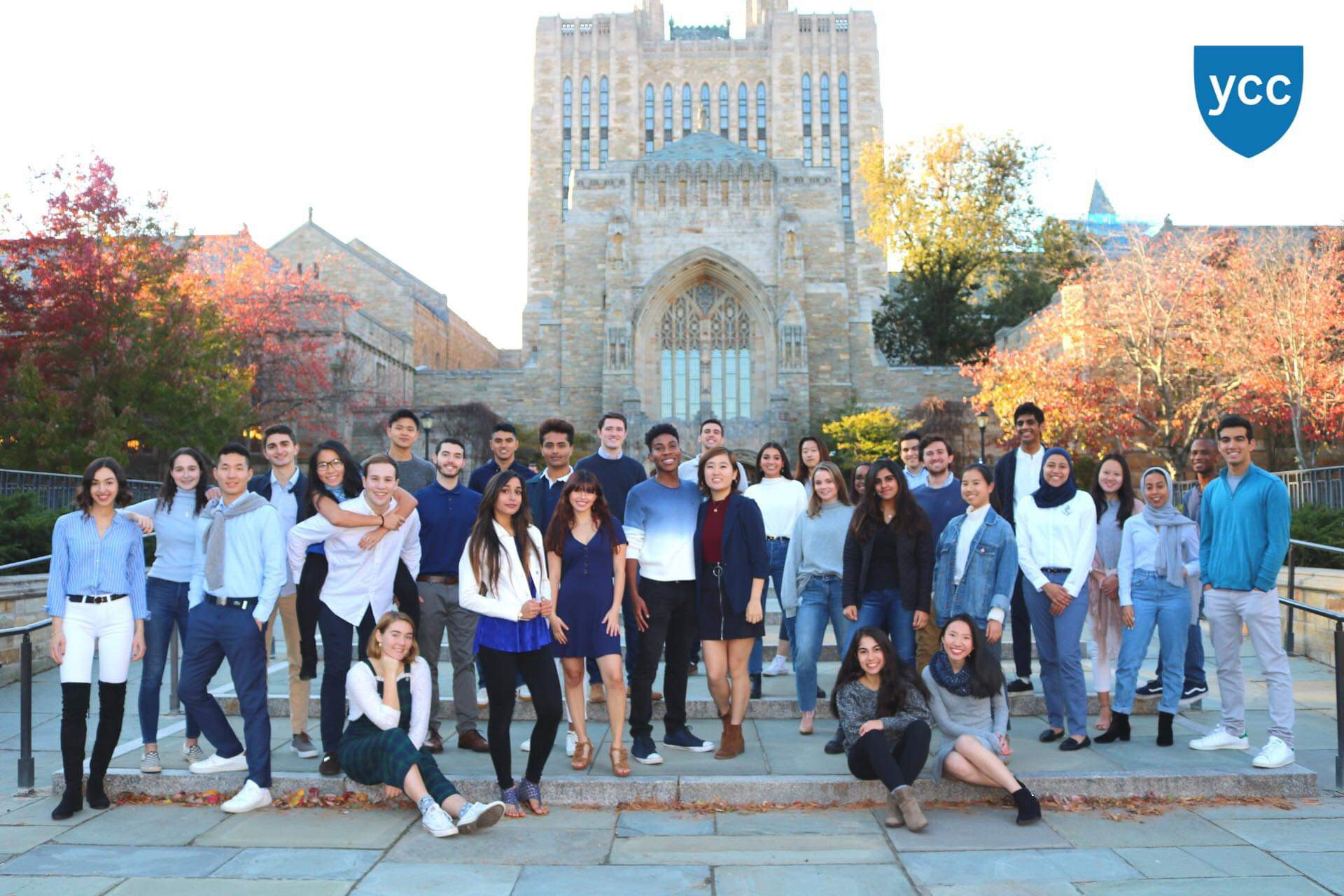
YCC
The Yale College Council launched a new affinity network this semester to support its representatives — as well as members of the broader Yale community — who identify as queer.
The launch of the network follows the creation of three other affinity networks — the First Generation Low-Income, Women’s, and Black Affinity Networks — earlier this year. The Queer Affinity Network will offer support and mentorship for current YCC representatives who identify as queer, and they will host recruitment events and outreach for members of the broader Yale community. YCC Senator Abey Philip ’22 started and currently heads the network. Philip proposed the idea to YCC President Kahlil Greene ’21 and recruited fellow YCC Senator Nick Randos ’22 to be its vice president. Clayton Land ’22, the YCC chief of staff, assisted the project by recruiting people to help with preliminary outreach.
“I hope that these networks increase representation and retention of marginalized communities on the council,” Greene wrote in an email to the News. “This year, we started out with three awesome groups and I am glad to see Abey lead another.”
The goals of the Queer Affinity Network align with the goals of the other affinity networks, which also aim to support communities that have been historically underrepresented within the YCC.
These networks hope to progress policies that better reflect the diversity of the student body.
“The YCC has not been a liberalized space or a queer space that attracts different identities, historically,” Philip said. “We’d like to change that.”
In November, the affinity network held its first meeting. It had nine attendees, all of whom were YCC representatives.
According to Philip, this relatively low attendance highlights the underrepresentation of the queer community within the YCC. He added that this further proves how necessary the network truly is.
“If Yale’s unofficial motto is ‘one in four, maybe more,’ we’re clearly not getting represented,” Philip said.
Both Philip and Randos said that adequate representation of the queer community on YCC will help the council develop programs that will benefit the Yale community as a whole.
The network plans to host recruitment events in the spring and fall before YCC elections to discuss campaign strategies with members of the Yale community who identify as queer. In addition, they will hold “Meet Your Queer Senator” events at the LGBTQ Student Co-Op and will offer educational teach-in events about queer history.
“Ensuring that we have a diverse array of voices, opinions, and backgrounds is key to ensuring well-informed policy,” Randos said. “It’s important that we have these projects led by people who understand these problems personally.”
Randos added that student government in general often lacks leadership from students who identify as LGBTQ. This current underrepresentation only creates another barrier for members of the queer community looking to join student leadership in the future.
Philip added that the network also intends to work with other student groups on campus that specifically look to engage with Yale’s queer community. He added that many such organizations “have understandable hesitancy” with the idea of working with the YCC, but he hopes the network “will help bridge that gap.”
Philip expressed his excitement for the establishment of the network but added that the number of members within the network is “much lower than it should be.”
“This is the starting point, not the finish line,” Philip said.
The YCC Senate is comprised of two members from each residential college.
Neha Middela | neha.middela@yale.edu







